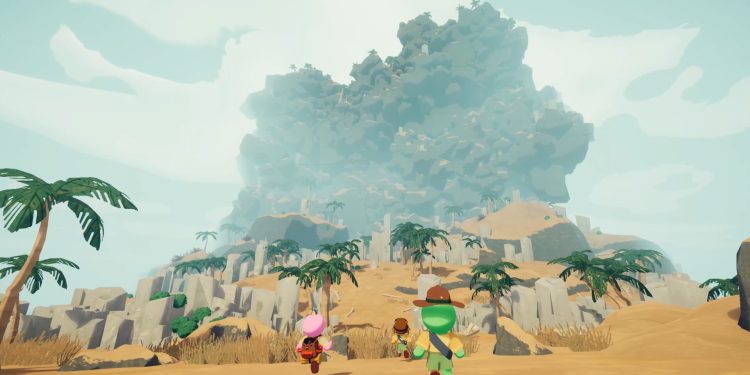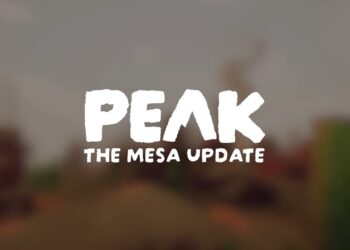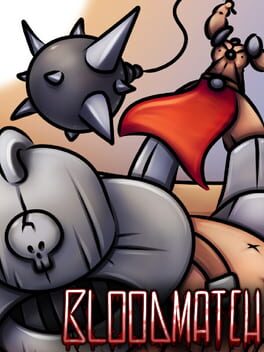Peak has taken Steam by storm recently, becoming a viral co-op climbing game that sold over a million copies in just its first week. What’s wild is that most of this game was created in only four weeks. The developers at Aggro Crab just “locked in” and put their heads down to hustle out this hit.
Occasionally, an indie game comes out of nowhere and surprises everyone. Titles like 2023’s Lethal Company and 2024’s Content Warning have shown how chaotic multiplayer games can blow up online. Now, Peak has joined those ranks, initially catching attention for its funny name, but quickly winning players with its fun co-op climbing gameplay.
The concept is simple: team up with friends online to climb a mountain together. Every day brings a new mountain and fresh challenges. It’s addictive, reflected in its Steam peak of over 100,000 concurrent players.
What’s crazy is how quickly the game came together. According to Aggro Crab’s studio head Nick Kaman, the team was inspired by the success of games like Content Warning, which was made much faster than their previous project, Another Crab’s Treasure, a punishing underwater Soulslike that took over three years to develop.
Kaman admitted the motivation was “mostly from jealousy,” pushing the team to try a different approach. So, a small group flew to Seoul, South Korea, brought their computers to an Airbnb, and basically locked themselves in for a month. They either worked on Peak or grabbed food while chatting about the game. “It was intense but also the most fun I’ve ever had working on a game,” Kaman said.
While the entire experience wasn’t fully finished in that short span, the core game we see on Steam today was mostly built during those four weeks. It’s impressive how much they crammed in and how well it turned out.
Here’s a quick look at what Kaman said about the process:
“Basically any given moment was either working on Peak or getting food while talking more about Peak. While it was pretty intense, it was also the most fun I’ve ever had working on a game.”
Peak’s viral success shows how sometimes a quick, focused burst of creativity can pay off big time. It makes you wonder — could more studios benefit from this kind of rapid development sprint? Or is it just luck and timing?
What do you think? Have you tried Peak yet? Let me know your thoughts in the comments below!






















